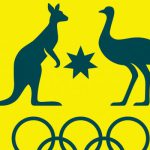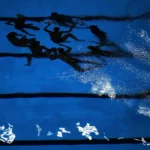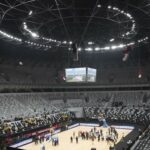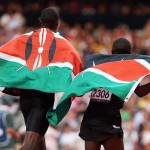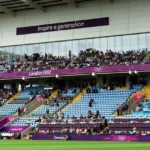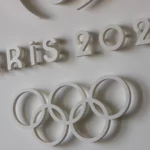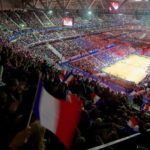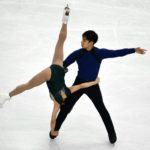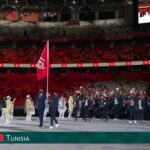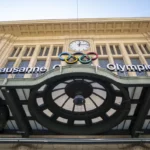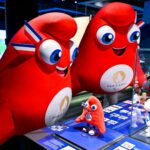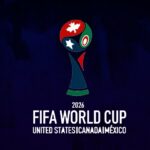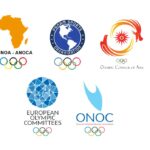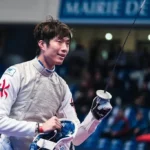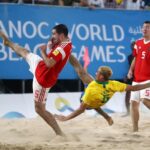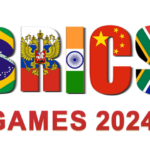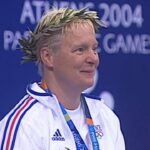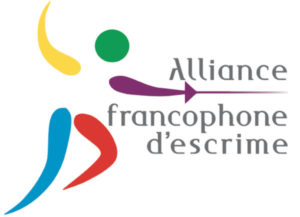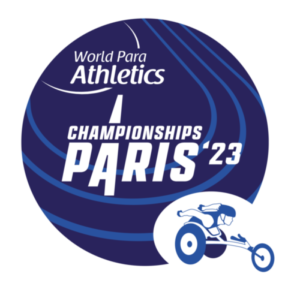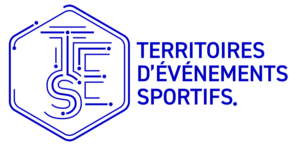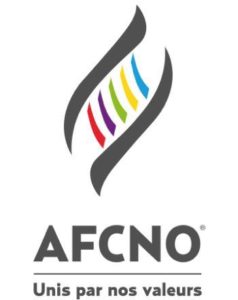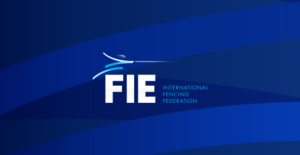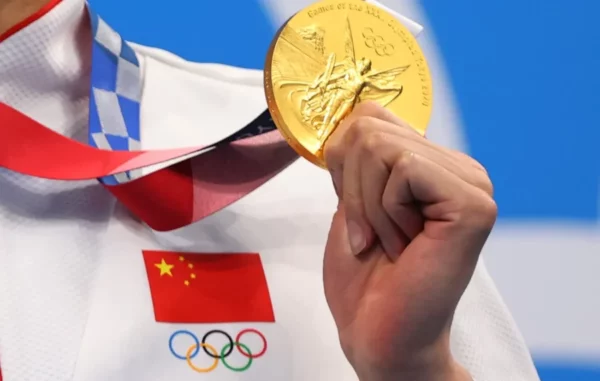
The revelations of the German television channel ARDand New York Timeson suspicion of massive doping in Chinese swimming spoiled its weekend and damaged its image. But the World Anti-Doping Agency (WADA) has not remained silent. After a first burst of press releases, to try to justify its silence on this affair, it moved up a gear, Monday April 22, by organizing an online press conference.
The exercise is never simple. WADA let it stretch until the questions were exhausted, for almost two hours, before offering a recording to the media who were unable to follow it live. What should we remember? A refrain and three explanations.
The chorus, first. It comes down to one formula: WADA regrets nothing. The agency sticks to its position, stated in its first press release, sent even before the broadcast of the investigation carried out by ARD: the thesis of the contamination of the 23 Chinese swimmers who tested positive could not be disproved by scientific evidence, it was impossible to sanction them. Witold Banka, the president of the agency, hammered it home: “ If we had to do it again, we would do exactly the same thing.."
The explanations now. They shed more precise light on the affair and its progress, at least from WADA's point of view.
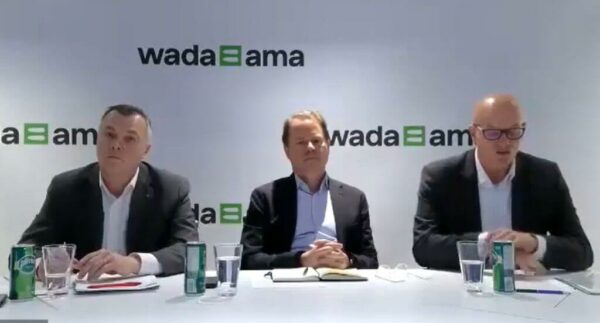
First clarification: the chronology of the facts. Ross Wenzel, WADA advisor, detailed it on Monday April 22 at a press conference: the Chinese anti-doping agency (CHINADA) collected 60 urine samples during a national swimming competition which ended on January 3, 2021. On March 15 of the same year, it informed WADA that it had recorded 28 positive tests. The following month, CHINADA announced that it would conduct the investigation, in collaboration with Chinese public health authorities.
At the end of May, the Chinese agency transmitted the results of its investigations to WADA. They revealed the presence of traces of a banned substance, TMZ, in a hotel where the 23 athletes who tested positive had stayed. They were found in spice containers in the hotel kitchen and in the water drainage system. On June 15, CHINADA informed WADA that it would not sanction swimmers who tested positive, as its investigation concluded that there was environmental or food contamination.
Second explanation: WADA was not able to carry out its own investigation on the ground, as its intelligence and investigations department can do. The cause is an increase in COVID-19 cases in the region, preventing a team from the agency from going there.
Even so, WADA's scientific department conducted its own research. In particular, it contacted the laboratory behind the production of trimetazidine. During its investigation, WADA also discovered that only athletes who stayed at the same hotel tested positive. The other swimmers, housed in a different establishment, did not present positive results in the checks carried out by CHINADA during the competition.
Finally, the last explanation provided at a press conference: WADA accepted CHINADA's decision not to sanction its athletes, due to a lack of evidence refuting the contamination thesis, and chose not to publicize the matter in order to to respect the presumption of innocence. Witold Banka explained: “ The question is whether or not we want to expose innocent athletes. By publishing the names of athletes who have not violated anti-doping rules, we risk harming their image. This question is very important, because we must not forget that our role is also to protect innocent athletes."







